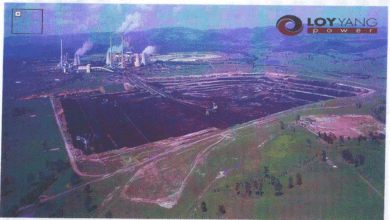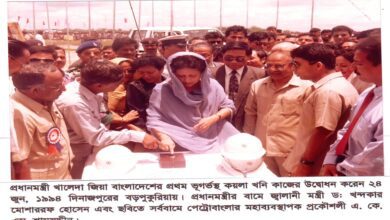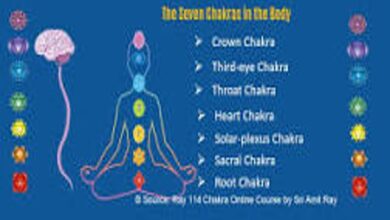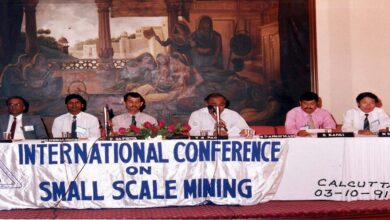Chapter 44
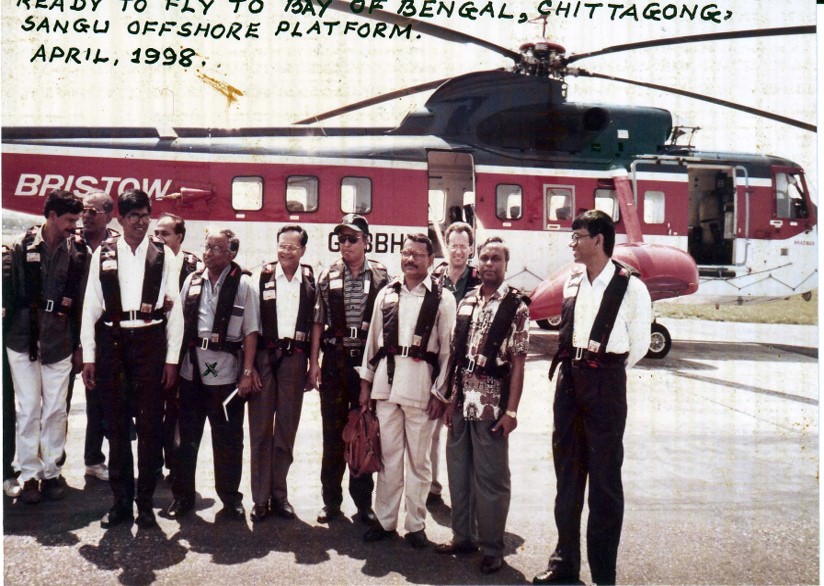
Engr. Abul KM Shamsuddin, Bangladesh Petroleum & Mining Consultant, spoke about present status, as in yr-2022, of Bangladesh Coal Mine Act, Coal Mine Regulations & Rules for Coal Mine Development & Operation:
- Description: Coal mining countries in the world have their own Coal Mine Act, Coal Mine Regulations and Rules for the development and operation of coal mines. Indian Mine Act 1923 and Indian Coal Mine Regulations 1926 were formulated and adopted for the development and operation of undivided Indian Coal Mines. After division of undivided India in 1947, Indian Mine Act 1923 and Indian Coal Mine Regulations 1926 were revised and amended in 1955 suiting the needs of present India and since then adopted for the development and operation of Indian Coal Mines. Immediately after independence of Pakistan in 1947, Pakistan adopted Indian Mine Act 1923 and Indian Coal Mine Regulations 1926 for the development and operation of Pakistan Coal Mines. However, those Act and Regulations were revised and amended several times in Pakistan and latest revision and amendment were known to be made in 1981 suiting the needs of the country. Mine Regulations are made under the provisions of Mine Act and set out the requirements to be complied with, from a health and safety viewpoint, to ensure the effective management and administration of a mine.
- Methods of meeting the requirements set out in the regulations are provided in the Rules, which are under the Regulations. The Rules Codes provide guidance on the management and administration of health and safety in mines and deals with the more important factors influencing safety in this respect. Failure to observe any provision of the Rules will be deemed as an offence and may be taken by a court, in criminal proceedings, as proof that a person has contravened the Regulations. The Regulations and Rules are intended to operate within the framework of duties and obligations provided by the Mine Act. The Inspectorate of Mines, which is headed by the Chief Inspector of Mines, will regularly monitor and observe and make examination and inquiry whether the provisions of Mine Act, Mine regulations, Mine Rules and bye-laws are observed in the Mine. In general The Coal Mine Act and Coal Mine Regulations provide the following provisions for:
- Effective management and control of the mine including operation and maintenance of Roadways, Coal Faces,etc. (2) Shaft sinking operation, (3) Fire prevention and control, (4) Precautions in vertical bunkers, (5) Protection against accidents, (6) Strata control, (7) Protection against outburst, (8) Protection against explosion, (9) Respirable coal dust control, (10) Protection against inrushes of water, (11) Protection against spontaneous combustion, (12) Control of temperature, (13) Control and prevention of poisonous gases, noises, (14) Safety in shafts and windings, (15) Safety lamps, (16) Safety of ventilation systems, (17) Electrical Regulations and Applications.
- Five Pictures on the following are appended:
A view of a permanent underground roadway in a coal mine equipped with railway track, conveyor belt, electric cables, compressor pipes, telephone cables, water pipes, etc. The operation & maintenance of these roadways needs to follow Bangladesh Mine Act, Bangladesh Mine Regulations and Rules – which are absent in Bangladesh. A view of an underground coal face from where coal is extracted by Shearer, a coal cutting machine. Extraction of coal from coalface and its operation and maintenance needs to follow Bangladesh Mine Regulations & Rules – which are not there in Bangladesh.
Barapukuria Coal Mine is now operating under Chinese Mining Regulations. And also due to nonexistence of “Inspectorate of Mines” the monitoring and observation/examination of Mine Regulations are overlooked. We must have our own Coal Mine Regulations and Rules. These should be regularly monitored by the Inspectorate of Mines, a regulatory body of Mines.
Maddhapara Granite Mine is operating under North Korean/Russian Mine Regulations of International Standard under existing mine contract due to non-existence of Bangladesh Metalliferrous Mine Regulations. The concerned and appropriate authority may take up the issue of formulating Bangladesh draft Metalliferrous Mine Regulations for the consideration of the Govt. which will be regularly monitored by the Inspectorate of Mines.
Man Power Development in the concerned area is also required. Appropriately authority may look into the matter.
Brief Resume of Engr. Abul K. M. Shamsuddin, Bangladesh Petroleum & Mining Consultant:
Engr. Abul K. M. Shamsuddin graduated in Mining Engineering from the then West Pakistan University of Engineering
& Technology [WPUET], Lahore, Pakistan in 1965 and obtained Post-Graduate Degree in Mining Engineering
[M. Tech. in Mining] from Indian School of Mines (ISM), Dhanbad, India in 1975. Engr. Abul KM Shamsuddinobtained Post-Graduate Diploma in “Mining Exploration” from International Institute of Aerial Survey & Earth Science
[ITC], Delft University of Technology, Delft, The Netherlands in 1980. Engr. AKM Shamsuddin undertook specializedcertified courses on “Petroleum Management” from Arthur D’ Little Management Educational Institute [ADLMEI],
Cambridge, Massachusetts, USA in 1986. Engr. AKM Shamsuddin attended specialized training on “Coal Mining and
Preparation” in Japan Coal Mine Research Center, Tokyo, Japan in 1989, organized by JICA, Japan. Engr. Shamsuddin
then attended “Executive Seminar on Coal Technology” in Sydney, Australia in 1992 & visited Coal Mines & Coal Fired Power Plants in New Castle, Australia. Engr. Abul KM Shamsuddin also attended “Second South Asian Geological Congress [GEOSAS-II]” in Colombo, Sri Lanka in 1995. He also extensively visited Coal Mines, Geological Fields, Petroleum Fields, Mining & Petroleum Universities, Oil, Gas, Coal, Mineral & Power Institutes in China, India, Pakistan, North Korea, Malaysia, USA, UK, France, Germany, Italy.
Engr. Prof. Abul KM Shamsuddin’s Development of Prevention of Entry of Coronavirus / Omicron into Human Body using controlled breathing with reciting while inhaling Quran Sura-Ayatul Qursi, reciting while holding breath Quran Sura-Huallahul Lajila, & reciting while exhaling Quran Sura-AL Imran, where supremacy & command of ALLAH, The Creator, over the Universe has been spelled out-has been elaborately mentioned in Chapter-36. Practice of the method by the author has significantly curbed corona death in Bangladesh during 2022.
Engr. Abul KM Shamsuddin worked in PETROBANGLA (Bangladesh Oil, Gas & Mineral Corporation) from 1975 to 2005 in its Gas Exploration, Drilling, Gas Transmission & Gas Distribution Sectors, Coal Mines, Metal Mines, Feasibility Studies in Coal Mines, Off-shore Drilling & Developments. After retirement from Petrobangla, he worked as Individual & Independent Consultant in the Energy Sector of Bangladesh & Overseas from 2005-2022. Engr. Shamsuddin also worked in the State Organization for the Distribution of Oil Products & Gas [SODOPAG] under Ministry of Oil, Govt. of Iraq, Baghdad during 1982-83.
Details of workings of Engr. AKM Shamsuddin has been described in his “AUTO-BIOGRAPHY” covering 57-years of professional works from 1965-2022.
Engr. Abul KM Shamsuddin also worked as Mining Engineer in Pakistan Progressive Cement Industries Ltd [PPCI] and its Lime-Stone Quarries, Coal Mines in Dandot, Chuasaidun Shah in Jhelum, Pakistan during 1970 & Sharigh Coal Mines, Sibi, Pakistan in 1966, and Khewra Rock-Salt Mine, 2nd biggest rock salt mine of the world in Jhelum, Pakistan in 1968. He also worked in Jharia Coal Fields, Dhanbad, India during 1972-75.
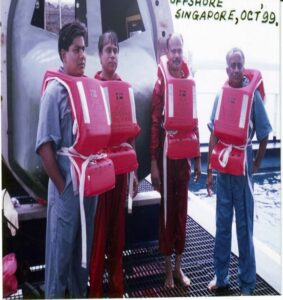
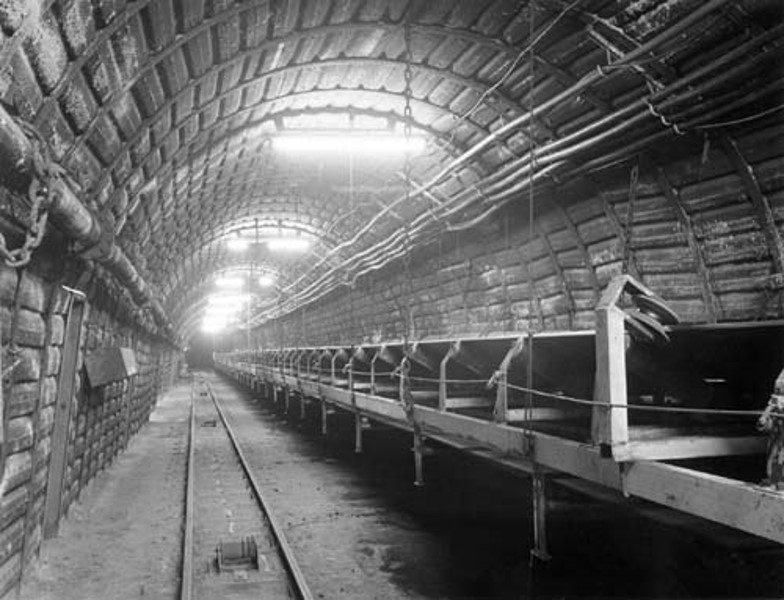
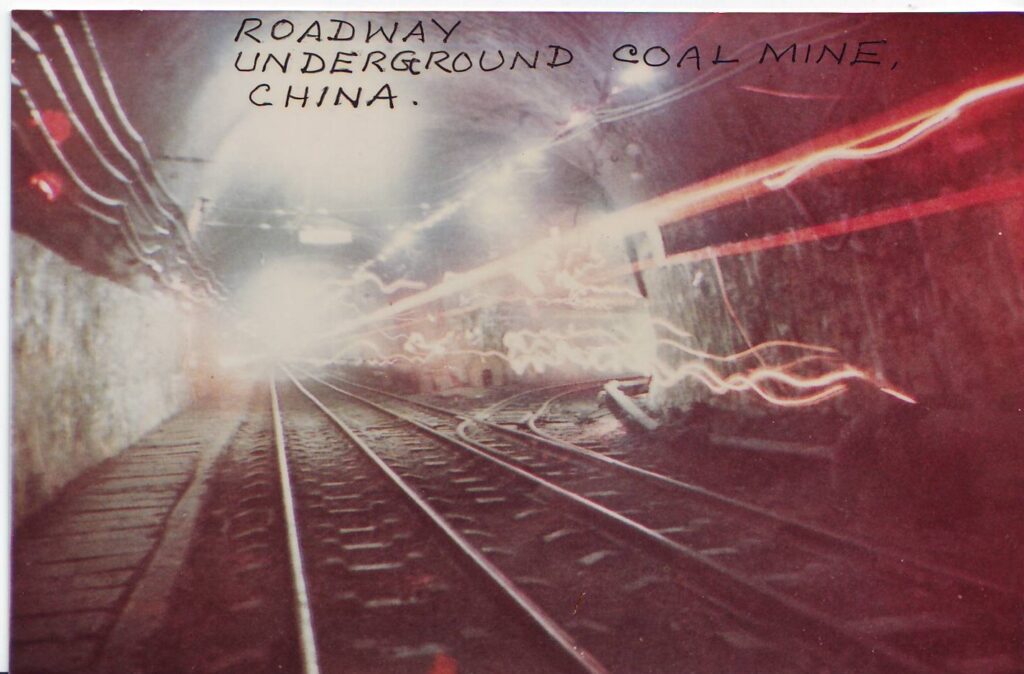
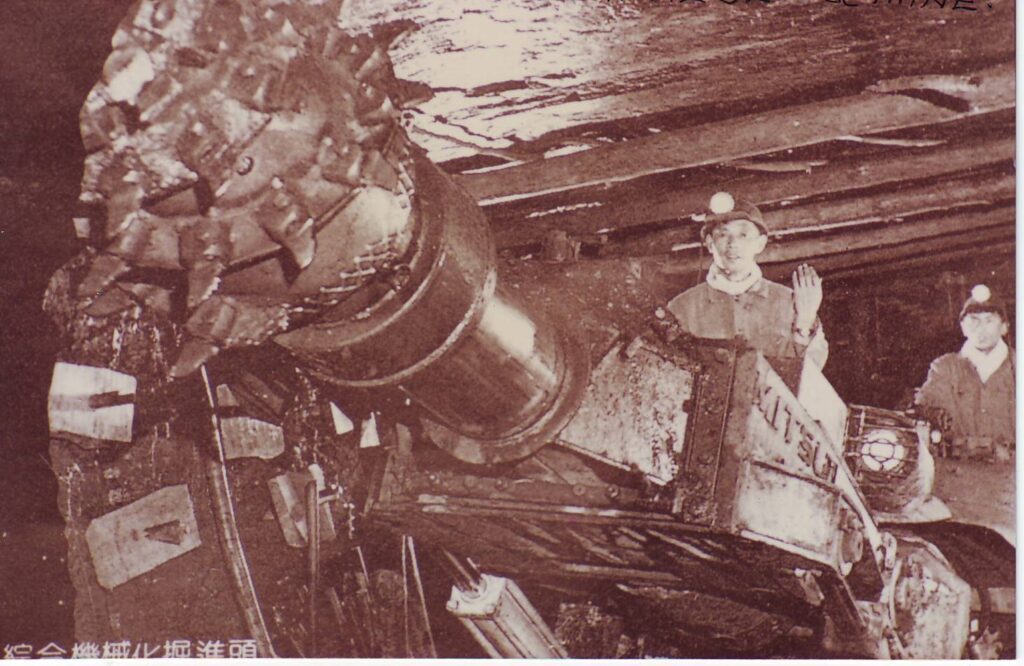
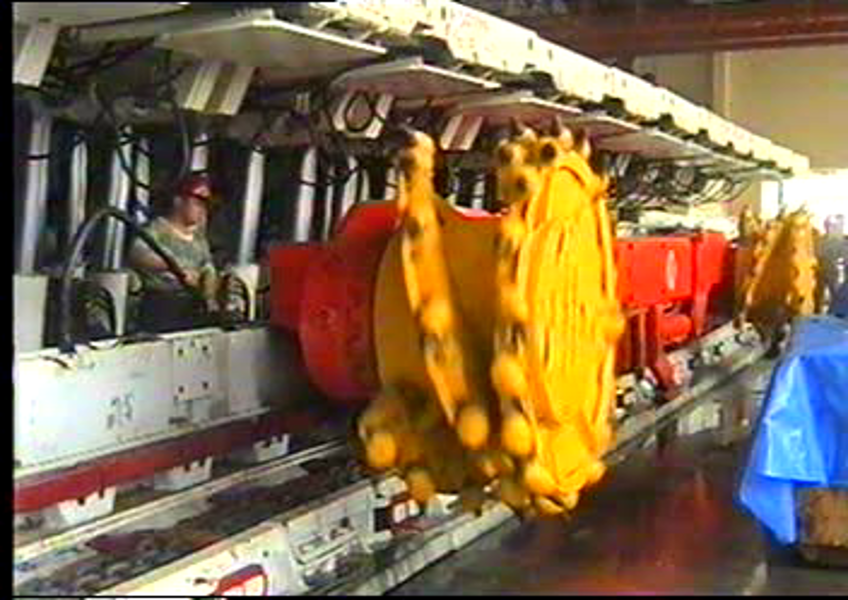

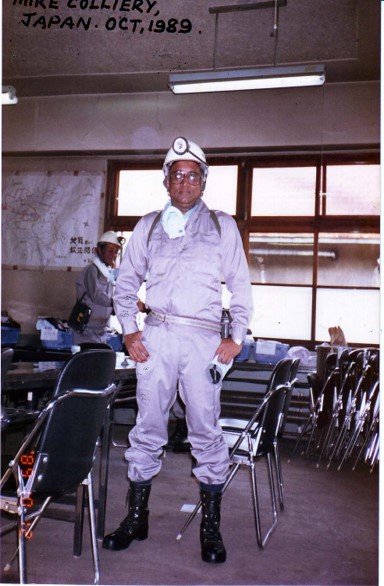
Bangladesh Petroleum & Mining Consultant,
from 1965 to 2022 [57-years]:
